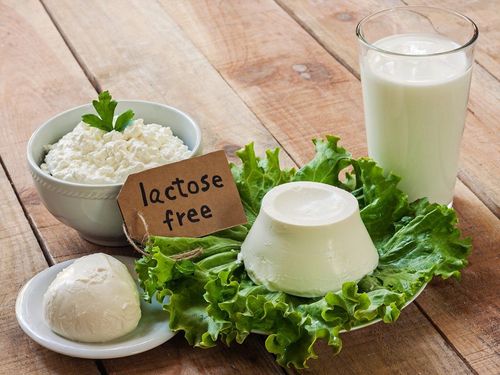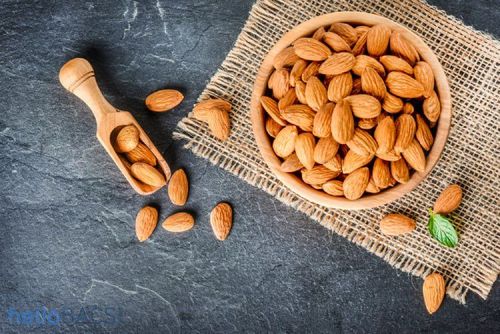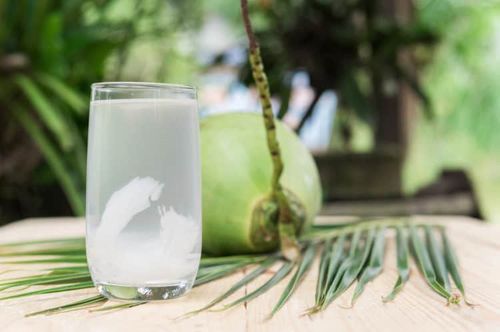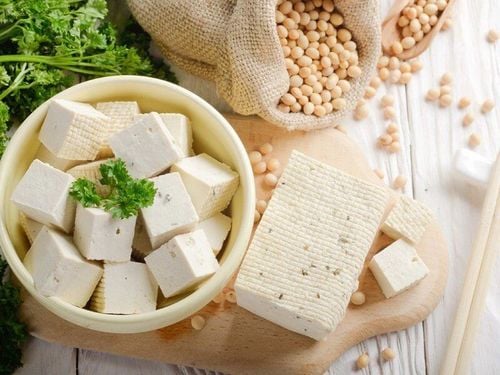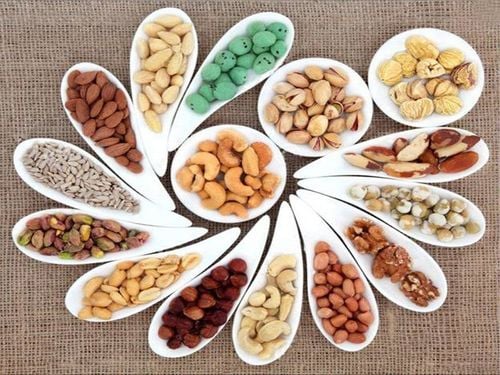This is an automatically translated article.
Plant-based milks line the refrigerator shelves of most supermarkets these days: soy milk, almond milk, cashew milk, even milk made with rice, oats or peas Lan. Choosing a plant-based product seems like it would be a healthy choice.1. What is plant-based milk?
The FDA defines “milk” as “the secretion of bacteria obtained from one or more healthy milk-producing animals, such as cows, goats, sheep, and water buffalo...” Due to the increasing prevalence of As a non-vegetable milk product, the FDA has initiated a plan to enforce a federally identifiable milk standard that excludes plant-based food products.Plant-based milk does not contain lactose, so it may be better tolerated than dairy milk in some people. In addition, plant-based milk has no cholesterol and is mostly low in saturated fat. However, nutrient content varies widely, so be sure to read food labels to make sure you're getting the nutrients you want.
As you'll see, nutrients vary between plant-based milks, as well as between different brands selling similar options. Specific brands may contain more or less nutrients depending on whether the product is fortified, or whether additional flavors or sweeteners are included. In general, plant-based milks labeled "original" will include added sugar.
Plant milk (plant-based liquid, milk substitute, nut milk or vegan milk) refers to a plant-based beverage made with water extracted from plants for flavor and fragrance. Plant milk is a vegan beverage that is consumed as a plant-based alternative to dairy milk and often provides a creamy, creamy taste.
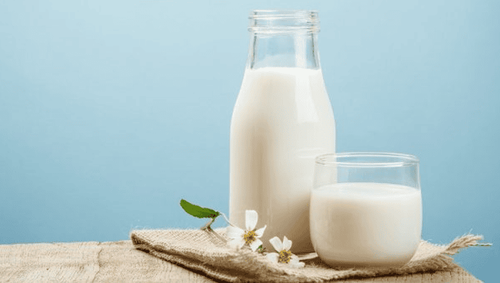
Sữa có nguồn gốc thực vật không chứa lactose nên có thể được dung nạp tốt hơn sữa từ sữa ở một số người
2. Nutritional ingredients
The nutritional composition of plant-based milk varies depending on the type of grain, seed, or legume used. Soy milk, truly the first alternative to cow's milk, is made by soaking the beans, then crushing, cooking and filtering them, creating a creamy white beverage with omega-3 fatty acids. , fiber, manganese and magnesium. Soy milk is the only plant-based alternative that contains the same amount of protein as cow's milk, or about 8 grams, and is the least processed of any plant-based milk on the market today.Another popular non-dairy alternative is rice milk, which is made from boiled brown rice and brown rice starch. It may be the least allergenic of all plant-based milks, but it's fiber-free and contains much less protein than cow's milk at 1 gram per 8-oz serving). It also provides a small amount of natural calcium. In general, rice milk has more carbohydrates and is sweeter than cow's milk.
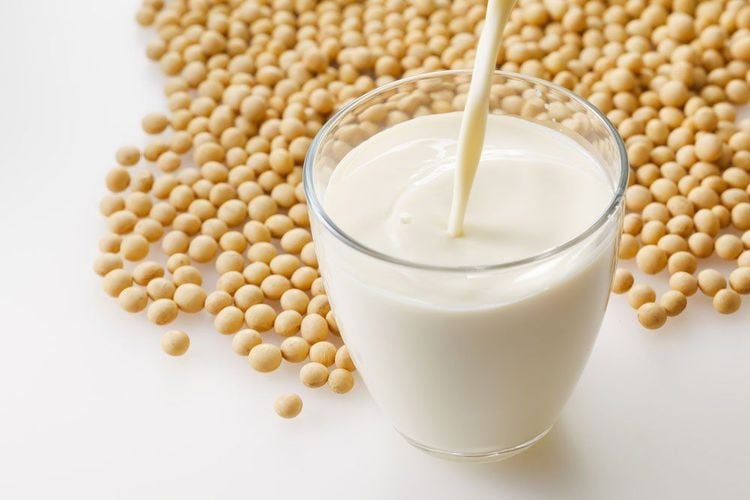
Sữa đậu nành là sản phẩm thay thế thực vật duy nhất có chứa cùng lượng protein như sữa bò
3. Plant-based milks
Popular plant-based milks are almond milk, coconut milk, rice milk, and soy milk. Other plant-based milks include hemp milk, oat milk, pea milk, and peanut milk. Plant milk can be made from:Grains: Barley, fonio, corn, millet, oats, rice, rye, sorghum, teff, triticale, spelt, wheat Pseudocereals: Amaranth, buckwheat, quinoa Legumes: Lupine, peas, peanuts, soybeans Nuts: Almonds, Brazil, cashews, hazelnuts, macadamia nuts, pecans, pistachios, walnuts Nuts: Chia seeds, flaxseeds, hemp seeds, pumpkin seeds, sesame seeds, sunflower seeds Other: coconut (fruit; medicine), potato (bulb), tiger seed (tuber) Mixture is plant-based milk by mixing two or more types together. Common examples of blends are almond-coconut milk and almond-cashew milk.
Any questions that need to be answered by a specialist doctor as well as customers wishing to be examined and treated at Vinmec International General Hospital, please contact the Website for the best service.




